Ecological Intervention Realism and International Relations
VerifiedAdded on 2023/06/07
|5
|964
|324
Essay
AI Summary
This essay examines the feasibility of ecological intervention, emphasizing the crucial role of strengthened international relations and cooperation. It critiques the limitations of Realism, which fosters competition and anarchy in the international system, and advocates for Liberalism and Constructivism to promote collaboration and reduce conflicts. The essay explores the potential for unilateral military action to protect the environment and ecosystems, highlighting the importance of shared responsibilities in environmental protection and war crime prevention. It also underscores the need to shift current approaches towards the environment by integrating environmental considerations into existing frameworks. The essay concludes that ecological interventions are possible through improved international relations, conservation strategies, and a comprehensive understanding of ecological sustainability, supported by military action and adaptive management.
1 out of 5
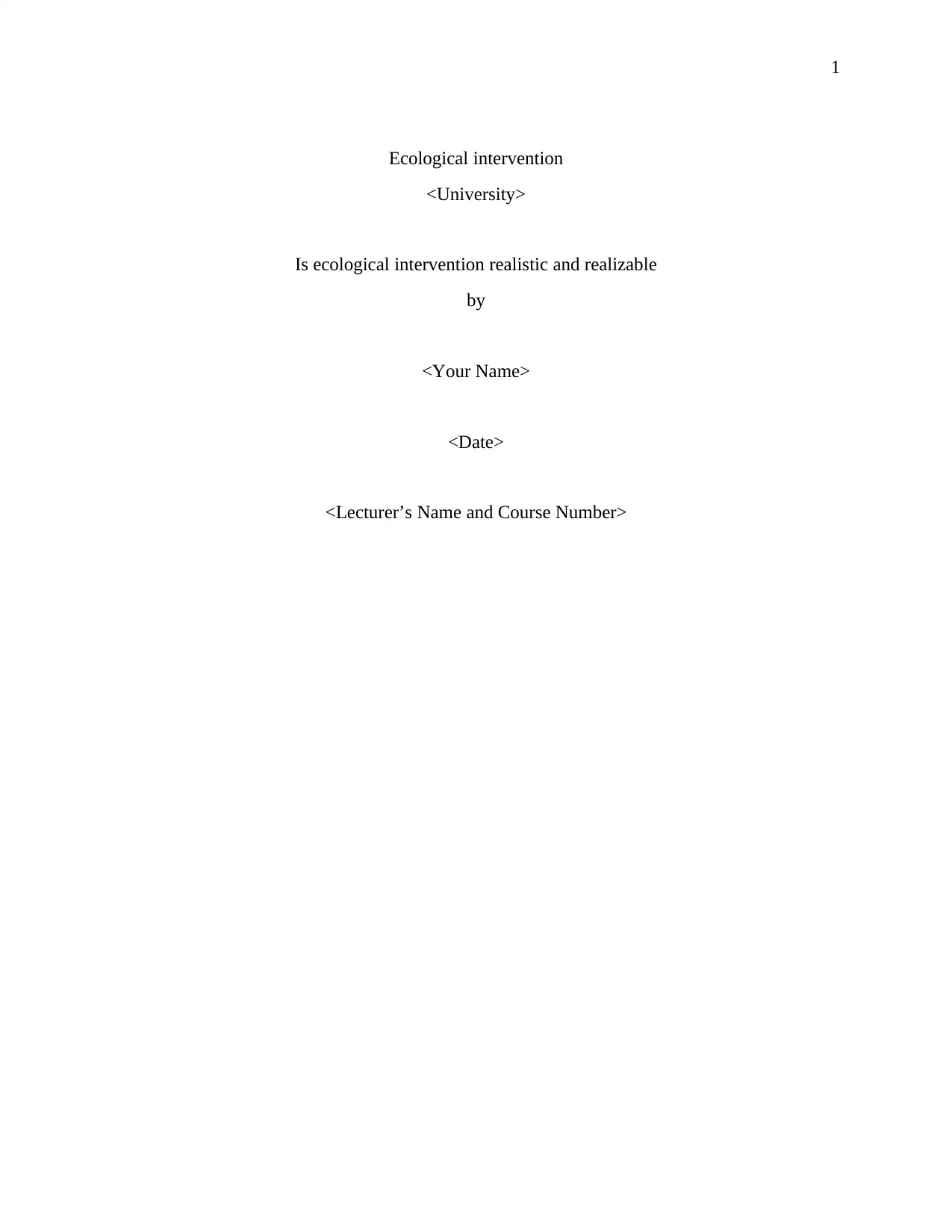
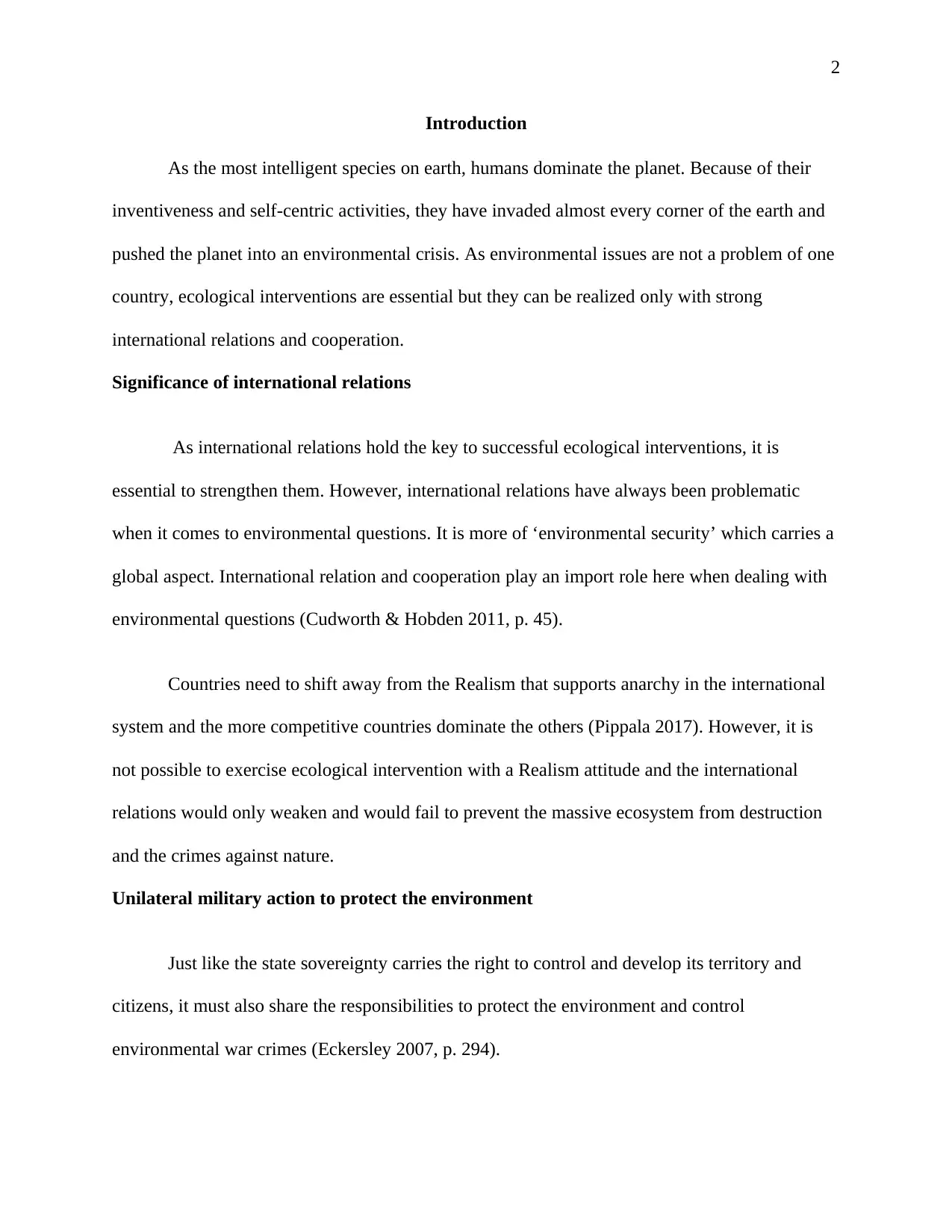
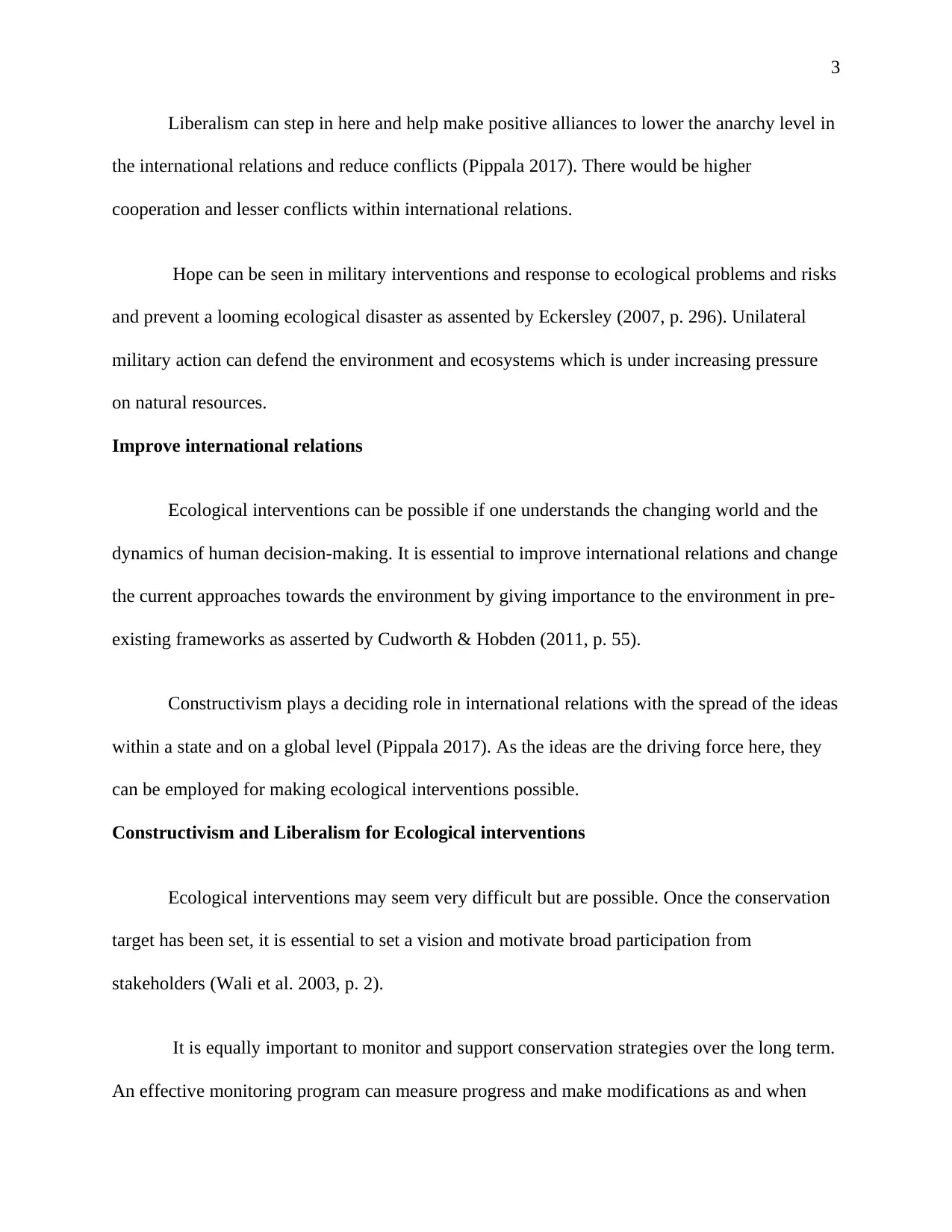

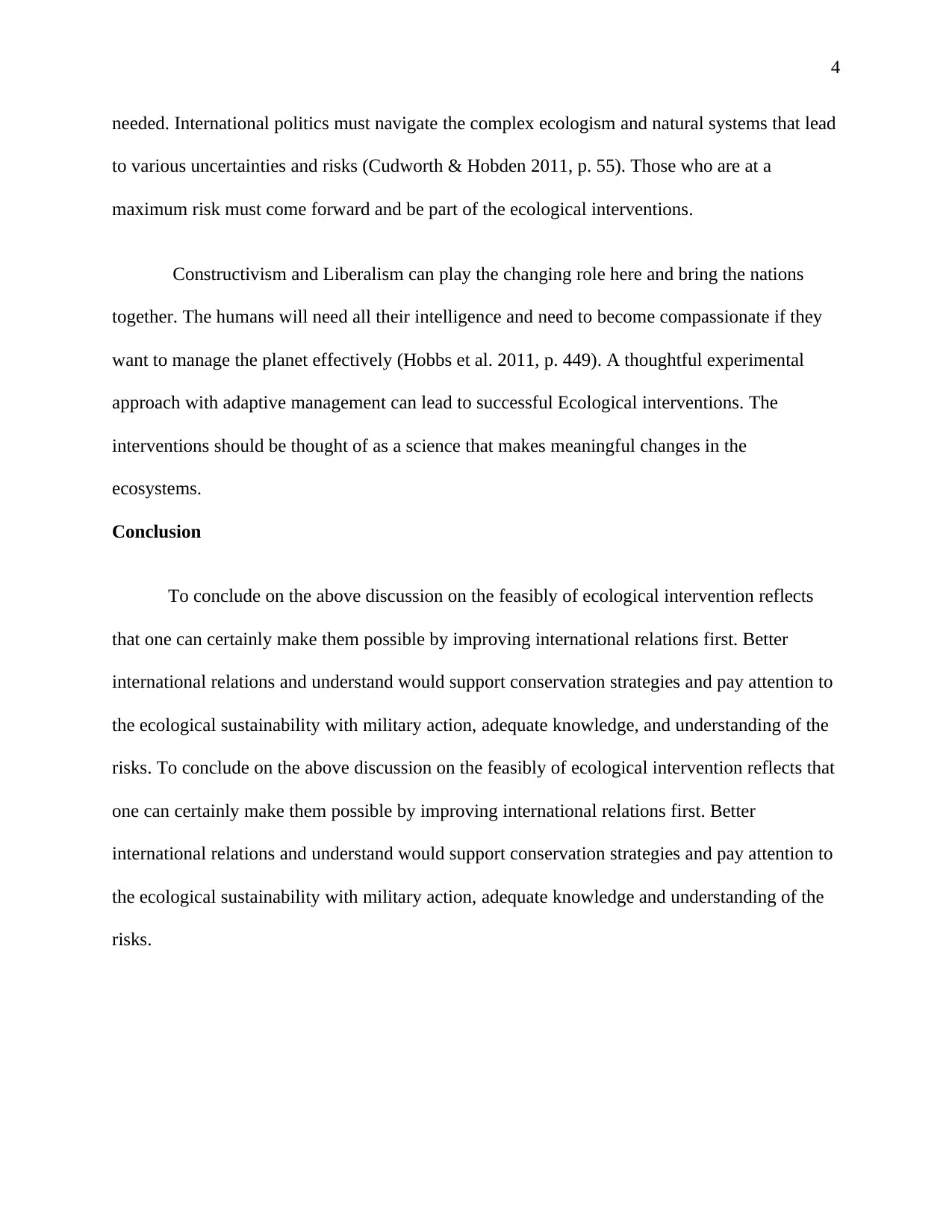
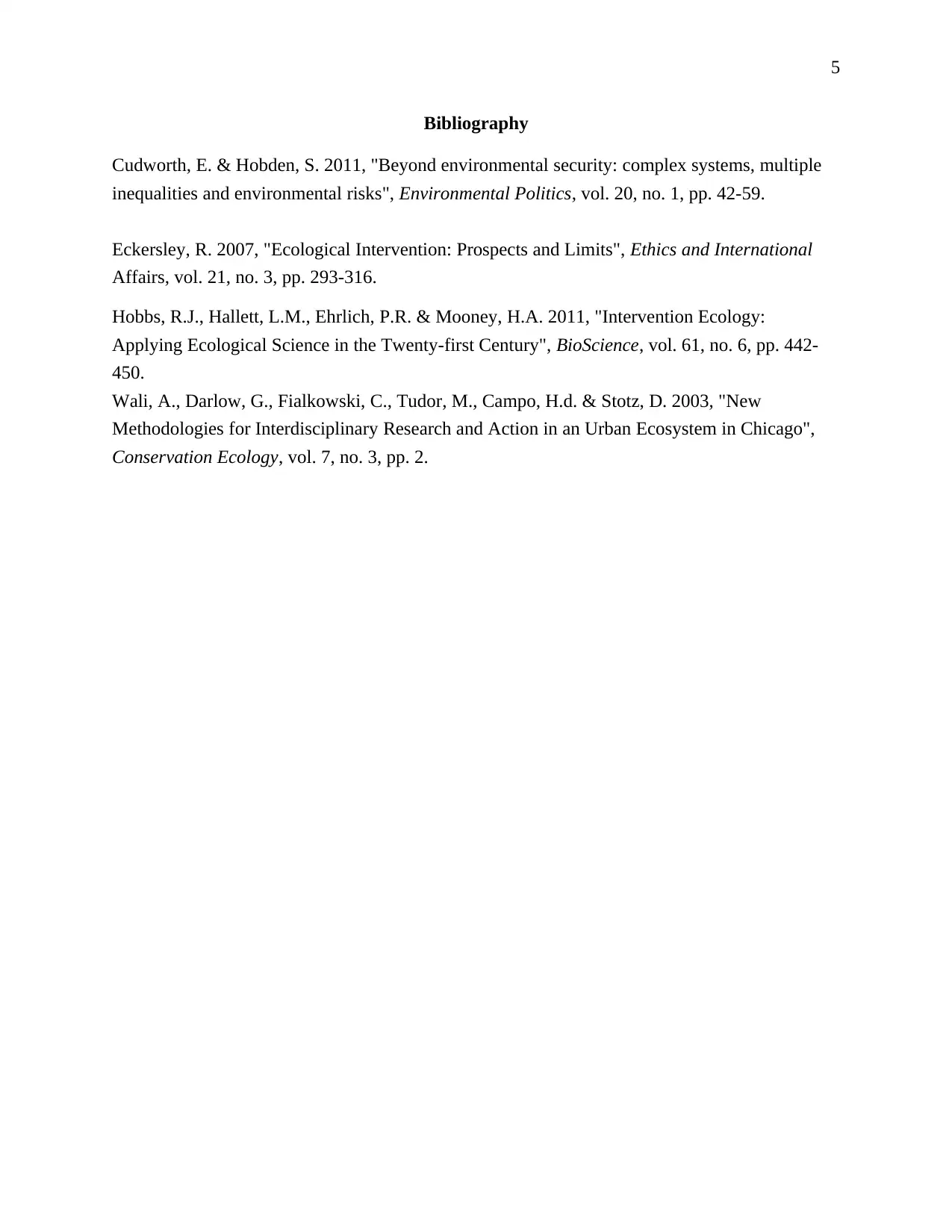
![[object Object]](/_next/static/media/star-bottom.7253800d.svg)